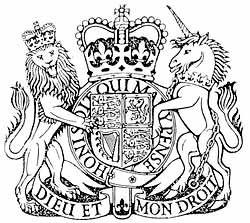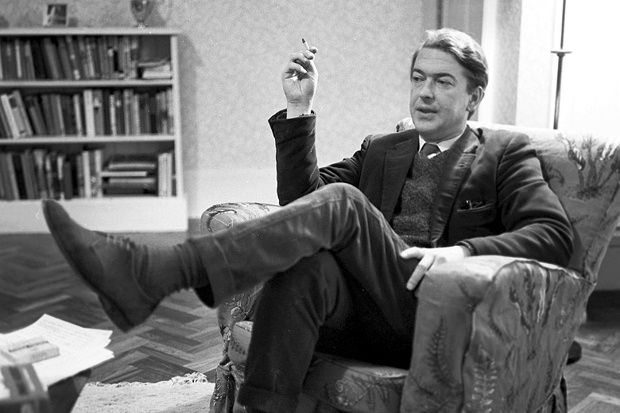Strabane, Northern Ireland (Mid-Ulster)
Ulster Unionists Rally
As the electoral campaign entered its most heated week, the Ulster Unionist Parliamentary Leader, Lochlan G. Fitzpatrick, was following a strenuous agenda, speaking at rallies all over the province, often more than six times per days. The black packard pulled in next to a park in Strabane, and out came the politician, showing no signs of fatigue. He quickly got on the rostrum, then spoke at length about the recent arguments heard around Britain.
“Good people of Strabane! Fellow friends! It is my great pleasure to be here today with you. I would first like to give a few words for the loving memory of Georges Forrest, which served as your MP for many years. Our prayers are with his wife Anna and his children, who have all reasons to be proud of his accomplishments.
Now we have heard a lot these days about democracy. Prime Minister Alistair Monaghan has been on the campaign trail, accusing us of circumventing democracy by repealing the Industrial Democracy Act. Let us take a moment to really take the measure of such an accusation. The Leader of the Labour Party had no qualms with democracy when the members of an elected Parliament voted the IDA, but this is no longer democracy when the same members of Parliament, dutifully elected, decide to repeal it. Where is the logic in that? For the Labour party, whatever is befitting their views is democratic, and policies they oppose are inherently undemocratic? I will be honest with you, if that is Labour Democracy, it smacks of Soviet-style politics to me.
The truth of it is that the Prime Minister has failed to his obligations toward the nation. Soon as he was elected, with a razor-thin majority, he forgot that he was to be the Prime Minister of all Britons and embarked upon a radical ideological crusade, set to destroy our market economy. His policies were so radical, that the poor Communist Party imploded because their lunch was so aptly stolen in front of them. Today, it is quite difficult to figure out where the communist party begins and when Labour ends.
The basis of a good economic policy is simple. It must be sustainable, it must aim at reasonable growth and it must have at its inception the best interests of all Britons. When you look at what this Labour government achieved with its reckless policy, you quickly realize it exacts a terrible toll.
First, it is quite simply unsustainable. The combined destruction wrought upon Britain by Monaghan, Marr and Carpenter dug such a huge deficit that this nation never been bleeding money so badly since the days of the Blitz, when Germany, Italy and Japan were trying to ruin us. It is certainly a testimony to the radical industry of these three mans, but a terrible legacy left to our children, who will have, one day, to repay this massive debt.
Second, this policy did not lead to genuine growth. The jobs provided by Labour are nothing more than fleeting, because they are not based on a robust economy, but on a giant public-purse deficit. It is quite disgusting to see the Prime Minister offering jobs to the common folks, job he knows he will have to take back because his failed policies cannot stand in the long-run.
Third, the Labour government declared war on capital, on the middle-class, and on the entire private sector, which is responsible for the livelihood of millions of Britons. There seem to be nothing that this Government is not willing to sacrifice on the altar of their communist ideals. Britain, once a shining beacon of innovation and industry, has fallen ill to the gross incapacity of this government.
This election is truly fundamental. Britain is at a crossroad. We can either follow Labour to Moscow-style politics which will inevitably lead to the abolishment of freedom and liberty, at the benefit of the chains of serfdom, or we can reject Monaghan’s quagmire and vote for the Ulster Unionists and their Conservative allies, whose policies are moderate, sustainable and aimed at benefitting all Britons.
Thank you all for your attention!”





